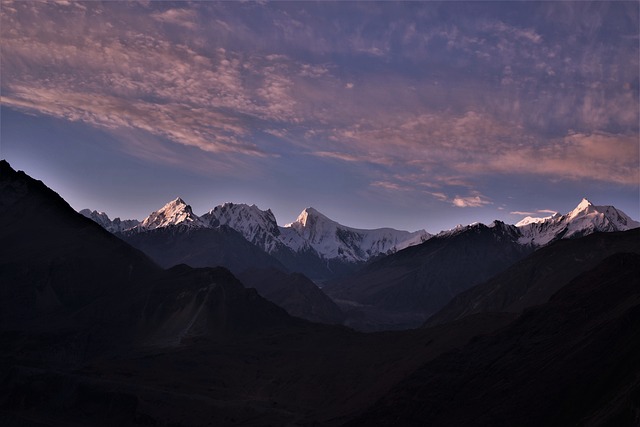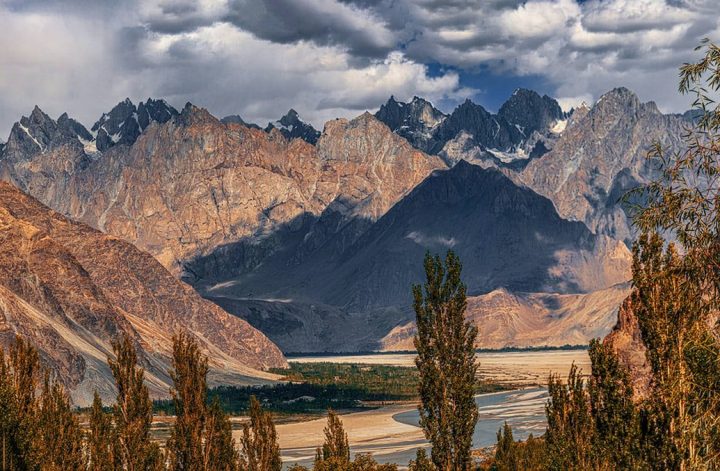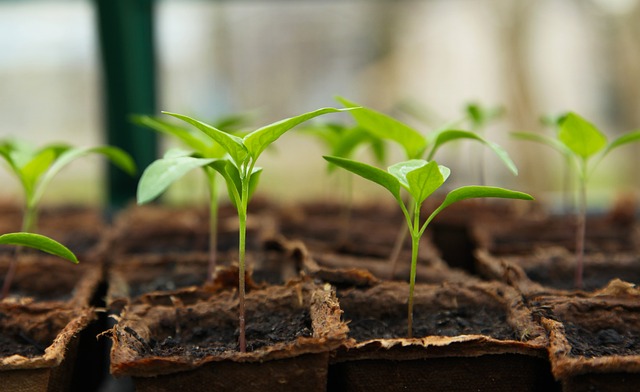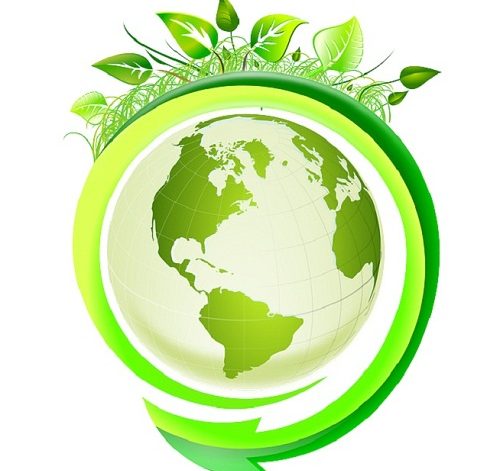As a student, researcher, and environmental activist residing in Gilgit-Baltistan, specifically in the environmentally impacted city of Gilgit, I have observed firsthand the dramatic degradation of my hometown. Once an idyllic green city adorned with a network of pristine water streams originating from glaciers, Gilgit has transformed into a bustling hub burdened by overpopulation and encroached upon by solid waste and cemented structures, including houses, markets, hotels, workshops, and small-scale factories.
Previously, we could drink directly from these crystal-clear streams, surrounded by the invigorating aroma of medicinal plants like Artemisia, enhancing the experience of living near these natural wonders. Unfortunately, due to the influx of people from neighboring areas, nearby villages, and migrations from larger cities such as Khyber Pakhtunkhwa (KPK) and Kashmir, Gilgit now grapples with issues like waste pollution, deforestation, and the conversion of fertile lands into motor vehicle workshops.
The once cultivable lands, adorned with gardens featuring a variety of regional and seasonal fruits, flowers, and vegetables, have been replaced by workshops, eradicating the vibrant greenery that once defined the city. Trees, essential for maintaining a balance in the ecosystem, have been indiscriminately cut down to meet energy demands during harsh winters, exacerbating the environmental challenges.
Read another related article: Urgency of Climate Justice for Mountain Communities of Pakistan
Despite the immense potential of Gilgit-Baltistan to provide electricity and water to the entire country, a lack of political will and bureaucratic commitment hinders progress. The region boasts a high literacy rate, yet its elected leaders are often illiterate and uninformed. Developmental funds are distributed based on favoritism and nepotism, sidelining merit in administrative decisions.
To rectify this deteriorating situation, urgent efforts are needed to restore Gilgit to its original and natural state. The influx of investments from wealthy individuals, both local and international, threatens the region’s biodiversity and natural landscapes. To counteract this, there is a need for sincere and honest collaboration, mobilizing human resources, competent experts, and available teams.
Implementing nature-based solutions, such as organic farming, tree planting, and indigenous plant species reintroduction, can revive the region’s charm. Establishing controlled workshop zones with stringent regulations, laws, and policies can manage industrial activities responsibly. The globally renowned forests, wildlife, minerals, and gems of Gilgit-Baltistan require protection, emphasizing the urgency of timely intervention.
Also check out:

By shifting to nature-based construction materials and prioritizing construction on barren mountainous lands instead of fertile green areas, we can mitigate the environmental impact of cement-based buildings. Focused efforts on afforestation and reforestation can safeguard existing trees and promote sustainable growth.
While various funding sources exist, including national and international organizations, private and public funding agencies, the key lies in awakening to the urgency of the situation. Climate change and environmental degradation are pressing issues, exacerbated by the unchecked depletion of soil, deforestation, and unsustainable urban development.
The youth, particularly the educated and aware, bear a significant responsibility to spearhead initiatives that will preserve the soil and environment, starting with Gilgit and extending to the entire nation. Together, with dedication and concerted efforts, we can transform Gilgit into a paradise on earth, preserving its resources, seasons, and blessings for generations to come. Hope so!
This article was contributed by Dr. Attarad Ali.
Dr. Attarad holds a PhD in Environmental Sciences and is currently the Additional Director QEC in University of Baltistan, Skardu, Gilgit-Baltistan Pakistan. He can be reached at +92-3133353565 or attaradali.qau@gmail.com.
You might also like to read:
We hope you liked this post! Please comment below if you have any suggestions, comments or feedback! We at #envpk love hearing from readers! Thanks!





1 Comment
Very Nice informative and well defined Dr Attarid Ali